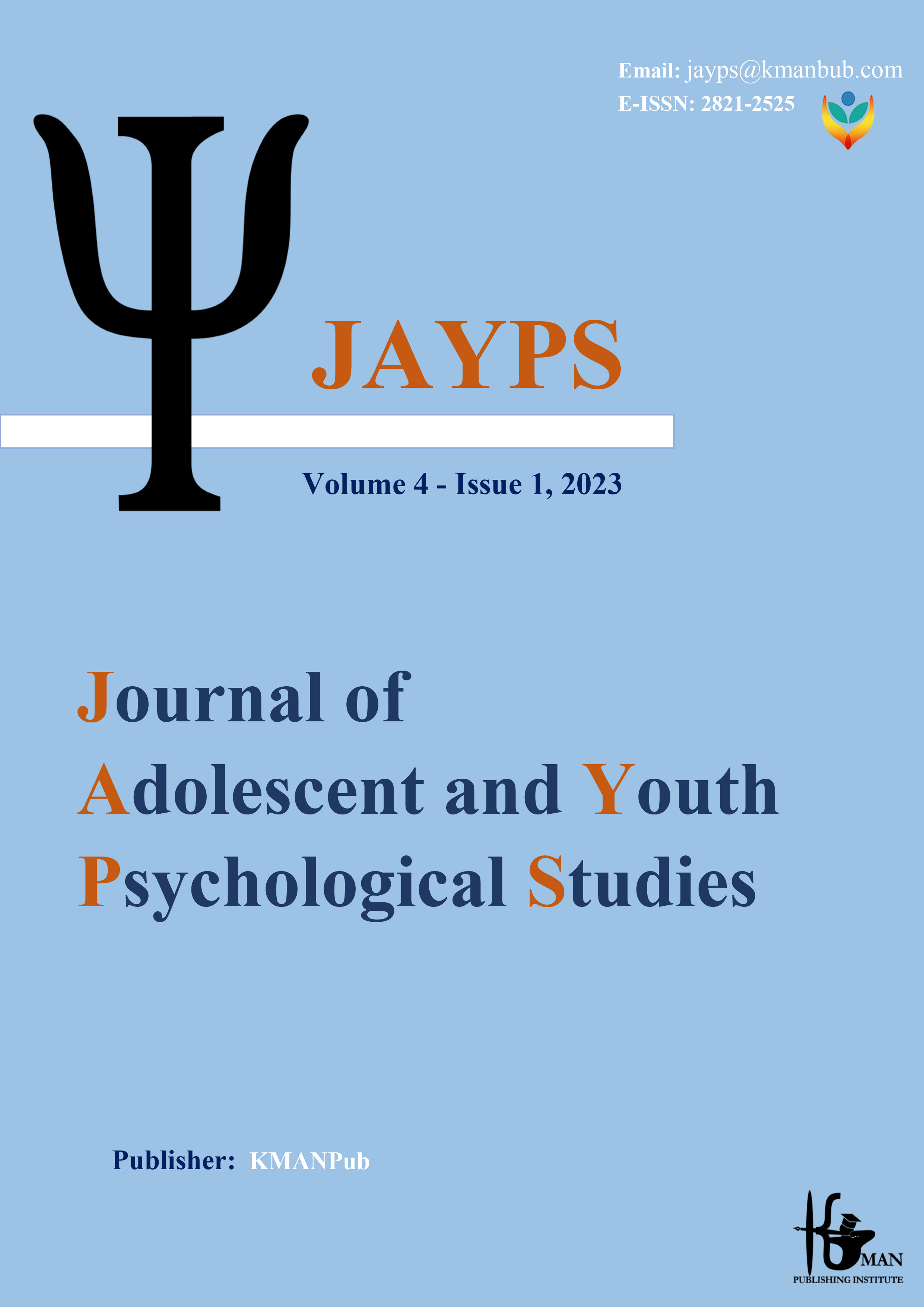Sociological analysis of the influence of the Telegram social network on the educational conflicts of parents and children
Keywords:
Schema therapy intervention based on acceptance communication enrichment program, integrative systemic couple therapy, marital commitment and interpersonal motivations.Abstract
Background and Aim: One of the most important forms of conflict between parents and children is their use and presence in social networks. Based on this, the aim of the present study was the sociological analysis of the effect of the Telegram social network on the educational conflicts of parents and children. Methods: The research method is descriptive-analytical, and the statistical population of the research is the students of the second secondary level in Tehran, a sample of 391 people was selected using the staged cluster method. The required information was collected using a survey research method based on the model of conflict with parents "Fine, J. Moreland and Andrew Schaubel" and a researcher-made questionnaire (containing 9 questions related to the independent variable and 13 questions related to the dependent variable). The reliability of the whole questionnaire was confirmed by Cronbach's alpha coefficient of 0.83 and the collected data was analyzed by descriptive and inferential methods with the help of spss and Amos software. Results: The findings of the research indicate that the variable of form and format of using Telegram with a coefficient of (3.856) has the greatest effect on educational conflicts among students, and the variable of the content of the Telegram social network with a coefficient of (0.227) is in the next order. Among the variables affecting the form and format of Telegram use, the variable of the amount of use of Telegram during the day and night has the greatest effect on educational conflicts with a coefficient of (2.08). Among the variables of Telegram social network content, the variable of deleting contacts such as institution, organization or center in Telegram has the most impact on educational conflicts with a coefficient (0.142). Conclusion: According to other findings of the research, the most important factor in creating conflicts between students and their parents is related to the relationship with the opposite sex with a coefficient of (1.235) and regarding the level of conflict, the most effective factor in resolving the conflict is adviceability and mutual respect with a coefficient of (0.185).
Downloads
Downloads
Published
Submitted
Revised
Accepted
Issue
Section
License

This work is licensed under a Creative Commons Attribution-NonCommercial 4.0 International License.









